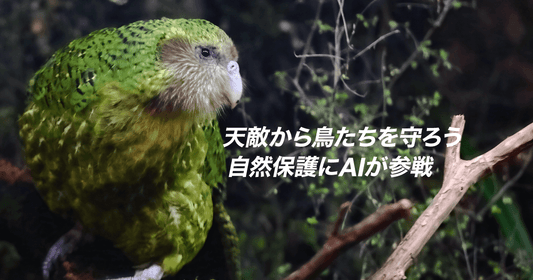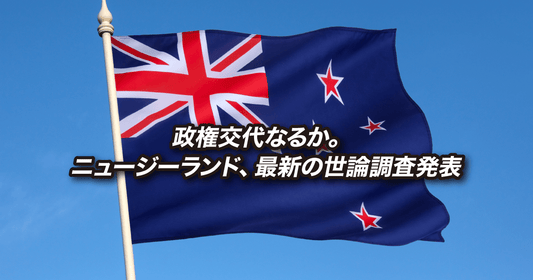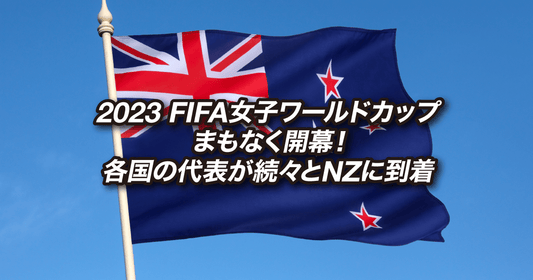
Find out how 150 volunteers rescue a beached whale, see a rare duck, and even learn about a family who protects penguins!
Here's New Zealand animal news for February!
Beached pilot whale rescued
About 40 pilot whales were stranded on the shore at Farewell Spit , located on the northwestern tip of the South Island, and 150 volunteers helped rescue them.
When the whales were reported to have washed up on the beach, the Nature Conservation Agency rushed to the scene in the morning and found that some had already died and 42 had washed up on the beach and were unable to move. First, they covered the bodies of the beached whales with towels and sheets to prevent them from drying out or being overheated, and then poured water over them, a task that continued until high tide in the evening.
You can see their activities in the video below. Also, because it is dangerous for the whale to remain lying down, several people help lift the whale up and turn it into a prone position.
Some of these volunteers happened to be visiting the area as tourists.
Anna Tyler, a tourist from Auckland, was out walking with her husband in the early afternoon when they came across the scene and helped to rescue the whale by draping a towel over it.
After high tide, 150 volunteers entered the water and guided the whales by hand. If the whales were to return to the sea one by one, there was a risk that they would be washed ashore again, so this was done carefully to ensure that the 40 or so whales could return to the sea together.
It is not uncommon for whales to become stranded and unable to move; in 2017, 400 whales were stranded, of which 250 died.
This time, the 40 animals that were still alive when people arrived were safely rescued and returned to the sea.
Valentine's Day encounter with a rare chocolate-colored duck
On Valentine's Day in the Wellington area, wildlife photographer Louise Thomas came across a rare chocolate-coloured duck, which she commented made it the best Valentine's Day ever.
This rare duck is a water bird endemic to New Zealand, with the Maori name Pateke . It used to be seen all over New Zealand, but due to predation by invasive mammals, its habitat has been invaded, making it one of the most precious water birds today. According to the country's Department of Conservation, there are currently only 2,000 to 2,500 remaining, mainly in Great Barrier Island, Northland, and Coromandel, and it is in danger of extinction.
New Zealand is home to many endangered species, including the kiwi, and efforts are underway to breed them and release them back into the wild, and Pateke is one of them.
These are Pateke's chicks, bred last year in partnership with the Department of Tourism and Conservation and the Auckland Zoo.
The Helps family protects penguin habitat
The Helps family, who have been protecting penguins on Banks Peninsula, a peninsula jutting out from Christchurch on the South Island, for 40 years, have been featured in the news.
In fact, New Zealand is the kingdom of penguins, home to half of the penguin species on Earth. Just like birds such as kiwis, penguins are constantly under threat from invasive mammal species.
The Helps moved to Akaroa, a small town on the Banks Peninsula, 40 years ago, and have been working to protect penguins ever since. Rather than being an activity, protecting the penguins' nests and setting traps to catch mammals that prey on penguins seems to be a part of their lives.
In New Zealand, even for conservation purposes, you need permission from the government's Department of Conservation to interact with wild animals. The Helps family has that permission and has been protecting the penguins for three generations.
Of course, protecting the nests and setting traps requires costs, which are covered by revenue from tourists visiting Banks Peninsula.
In New Zealand, where travel from overseas is prohibited to prevent the spread of the new coronavirus, there is a movement to promote domestic travel. Tourism also indirectly helps protect wildlife, so it is hoped that there will be an increase in tourists.





